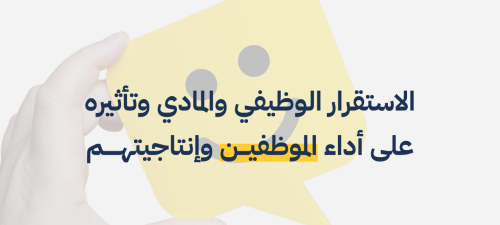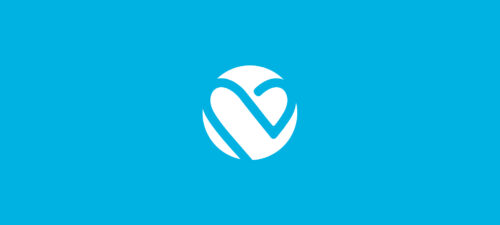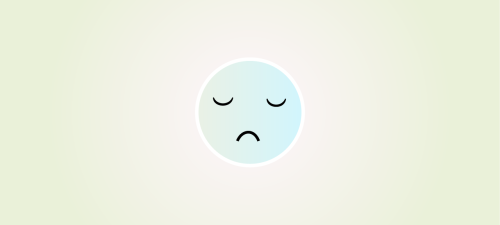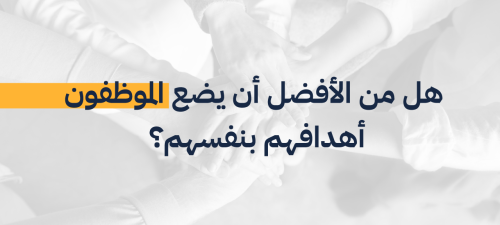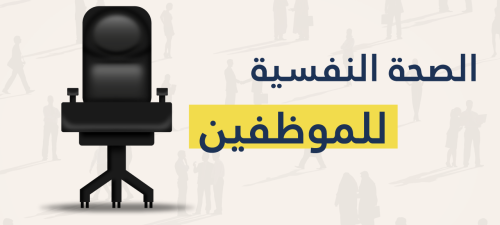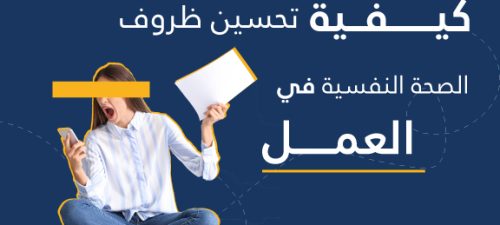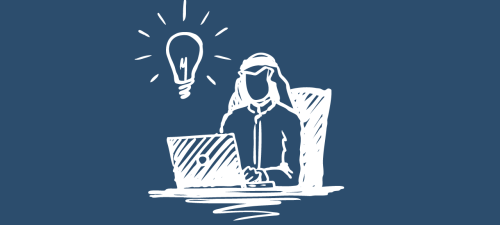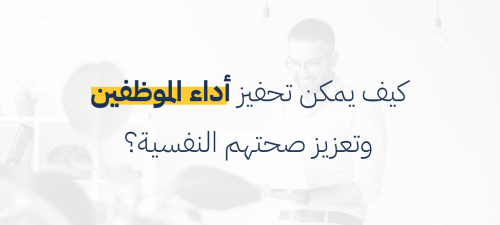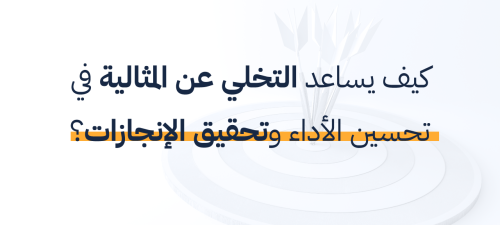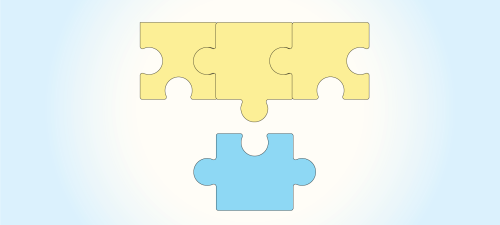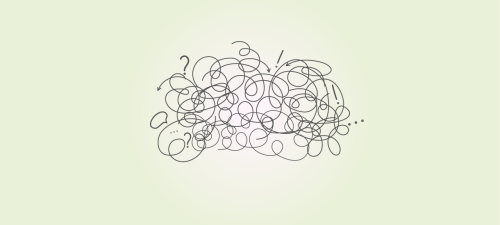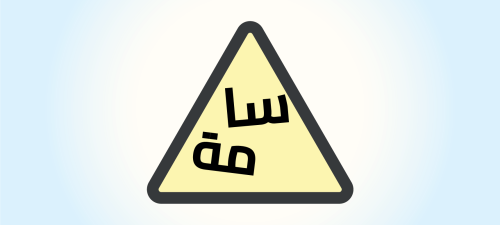Best Meditation and Stress Reduction Techniques for the Workplace
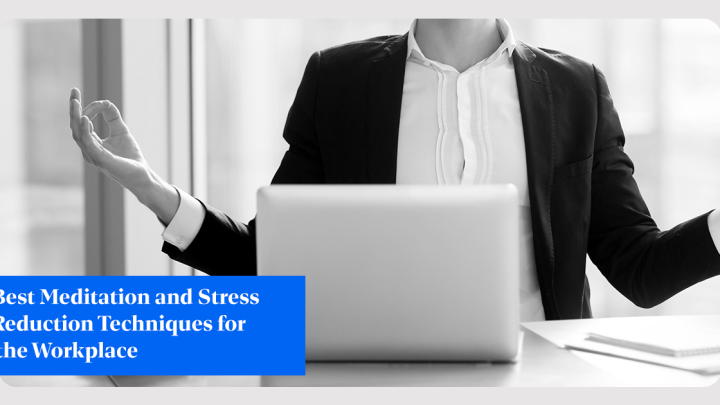
What is Meditation?
Meditation is a practice that involves focusing or clearing the mind using a set of mental a physical techniques. The fruits of meditation on your mental wellbeing vary depending on the type of meditation chosen, and it can also be used to improve physical health, such as helping people cope with the challenges of quitting smoking.
Externally, it may seem that a person meditating is doing nothing more than breathing or repeating a sound or phrase over and over again, but inside the brain, a different story is unfolding. Modern diagnostic and imaging techniques, such as EEG, show that meditation can positively affect the mind and mental wellbeing.
The Importance of Meditation and Relaxation in the Workplace
Modern work environments are increasingly incorporating meditation as a practice to support mindfulness, reduce stress and anxiety, and enhance creativity, translating these benefits into real-world gains in the workplace. Some of the key benefits of meditation include:
Acquiring Stress Management Skills:
Regular meditation helps individuals learn techniques to calm the mind, relax the body, and develop a sense of inner peace. In addition to reducing immediate stress, meditation also builds psychological resilience over time, allowing employees to handle difficult situations more easily.
Reducing Negative Emotions:
Meditation enhances mindfulness and emotional regulation, which reduces anxiety and depression. It helps individuals develop greater emotional resilience and improves mood stability. As people gain a deeper understanding of their emotions and reactions, they are better able to maintain composure in challenging situations.
Improving Focus, Cognition, and Memory:
Through mindful meditation, employees can train their minds to stay present and focused, leading to improved attention, cognitive functions, and memory, ultimately increasing productivity.
Enhancing Self-Awareness and Mindfulness:
Meditation plays a key role in increasing the sense of self-awareness that enables employees to observe their thoughts, emotions and their bodies without judgment. This heightened awareness allows them to change behavior patterns, beliefs, and reactions, ultimately fostering a positive personality that strives for growth and development
Stimulating Imagination and Creativity:
By calming the mind and creating space for new ideas to emerge, meditation can unleash creativity and offer fresh perspectives on problem-solving and decision-making.
Boosting Productivity and Encouraging Effective Engagement at Work:
Meditation helps develop greater focus, resilience, and emotional intelligence, leading to higher engagement and productivity at work. It enables employees to produce higher-quality work by reducing distractions and enhancing cognitive abilities.
Encourage Team Spirit
Practicing meditation enables individuals to improve communication and compassion with others. It also enhances self-awareness, allowing individuals to listen better and understand different perspectives, thus contributing to stronger and more harmonious workplace relationships.
Key Meditation Techniques and Practices
You can listen to meditation sessions and breathing exercises on the Nafas app, and as mentioned earlier, these practices have numerous scientifically proven benefits both within the work setting and in daily life.
While there are various meditation methods, some fundamental techniques serve as a starting point for understanding the differences between these practices:
Basic Meditation:
This involves sitting in a comfortable position and using breathing as a focal point. If you find yourself distracted by other thoughts or your mind wandering, gently refocus on your breathing.
Guided Meditation (Activity-Focused):
This combines meditation with activities you may already enjoy or new ones that help you focus on the present. With this type of meditation, you engage in a repetitive activity, allowing the mind to experience flow and calmness.
Mindful Meditation:
Mindfulness is a form of meditation that involves staying present in the current moment instead of thinking about the past or future. It may sound simple, but it can be more challenging than it seems. Focusing on physical sensations in your body is one way to remain in the present moment.
Focused Meditation:
This is a type of mindful meditation that involves focusing on one thing as a way to stay in the present moment. The goal is to calm the mind and remain in the moment by concentrating on a phrase, visualization, sound, or another sensory focus. This technique is great for beginners since all you need is a point of focus, a quiet space, and five minutes to start practicing.
Labayh Business Helps You Embark on Your Meditation Journey!
If you’re a manager or executive looking for stress reduction strategies, simply access the Nafas app and take advantage of its services, along with those offered by Labayh Business. These services help effectively manage employee stress, boost productivity, and foster growth without neglecting personal life and wellbeing. By achieving balance, you can enhance the overall quality of life. The Nafas app provides consultations, workshops, and awareness campaigns to improve productivity and mental wellbeing for everyone in the workplace, regardless of their role. Here’s how:
Employees: Labayh Business packages support employees in their personal growth and character development, helping them overcome challenges and stay motivated in a supportive, appreciative, and healthy work environment.
Employers: Labayh packages guide you through both simple and complex workplace challenges. With these packages, you’ll be equipped with top problem-solving techniques and decision-making skills, making Labayh Business your reliable companion!
Workforce Development Specialists: Labayh helps specialists identify strengths and weaknesses and find effective and creative solutions to resolve workplace issues.
This article demonstrates that meditation offers countless benefits, whether in personal life or the workplace. It significantly improves mental wellbeing and increases the desire for personal growth, which positively impacts productivity and professional performance.



